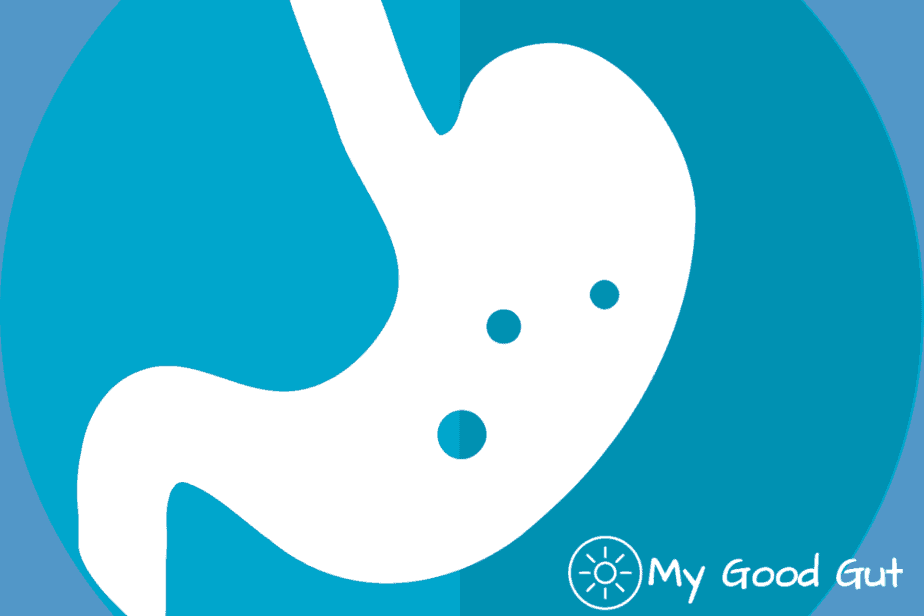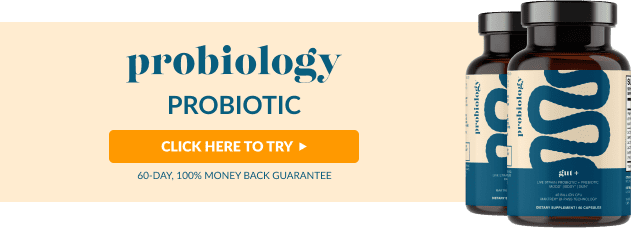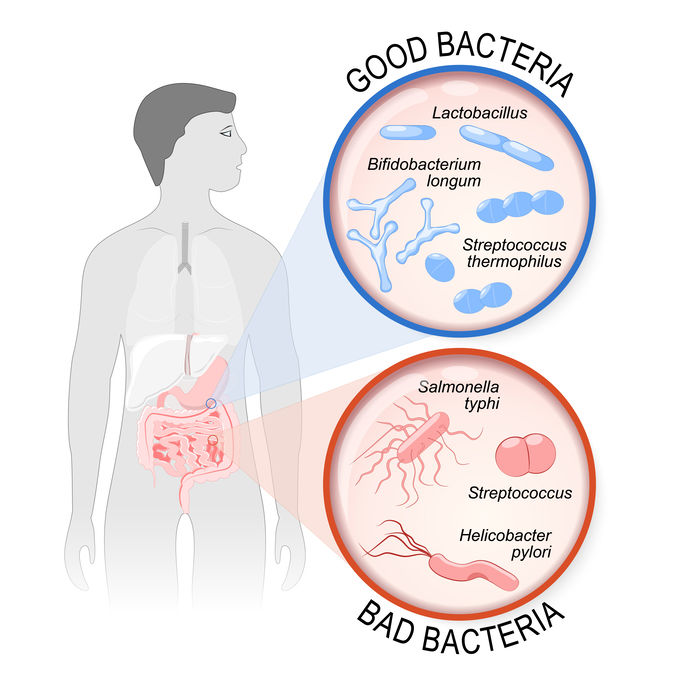Are You Supposed To Take Probiotics On An Empty Stomach

The world of gut health is booming, and with it, the popularity of probiotics. These beneficial bacteria are touted for everything from improved digestion to boosted immunity. But amidst the hype, a crucial question often arises: are you supposed to take probiotics on an empty stomach?
Navigating the optimal timing for probiotic consumption is vital for maximizing their effectiveness. While seemingly straightforward, the answer is nuanced and depends on various factors, including the specific probiotic strain, individual physiology, and even the form of the supplement. This article will delve into the science behind probiotic survival, exploring the different viewpoints and providing practical guidance to help you make the most of your probiotic regimen.
The Acid Test: Stomach Acid and Probiotic Survival
The primary challenge facing oral probiotics is survival through the harsh acidic environment of the stomach. Stomach acid, with a pH between 1.5 and 3.5, is designed to break down food and kill harmful bacteria. Unfortunately, many beneficial bacteria are also susceptible to this acidic onslaught.
Taking probiotics on an empty stomach, when stomach acid levels are typically higher, could result in a significant portion of the bacteria being destroyed before they even reach the intestines. This reduction in viable bacteria could compromise the potential health benefits.
Conversely, taking probiotics with food, particularly a meal containing fats, can help buffer the stomach acid. The presence of food stimulates the release of bile, which can further protect the probiotics. This creates a more hospitable environment for the bacteria to survive and reach the intestines, where they can colonize and exert their beneficial effects.
The Counterargument: Strain-Specific Resistance and Encapsulation Technology
While the general consensus leans towards taking probiotics with food, exceptions exist. Some probiotic strains are naturally more resistant to stomach acid than others.
Lactobacillus rhamnosus GG, for instance, is known for its resilience. Specific probiotic formulations may also incorporate protective measures, such as enteric coatings or other encapsulation technologies. These coatings are designed to resist dissolution in the acidic stomach environment, releasing the bacteria only when they reach the more alkaline intestines.
Therefore, the effectiveness of taking a probiotic on an empty stomach can heavily depend on the specific strain and the technology used in its formulation. Always check the product label for specific instructions regarding timing.
What the Experts Say: Research and Recommendations
Scientific research on the optimal timing of probiotic administration remains ongoing, with conflicting findings across different studies. Some studies have shown improved survival rates when probiotics are taken with food, while others have found no significant difference.
A 2011 study published in the journal Beneficial Microbes found that the survival of certain probiotic strains was significantly higher when taken with a meal compared to on an empty stomach. Another study published in Applied and Environmental Microbiology showed that enteric-coated probiotic capsules were able to deliver a higher number of viable bacteria to the intestines regardless of whether they were taken with or without food.
Dr. Mary Ellen Sanders, a leading expert in probiotic research and executive science officer of the International Scientific Association for Probiotics and Prebiotics (ISAPP), emphasizes the importance of considering the specific product and strain. She often recommends following the manufacturer's instructions, as they are typically based on research conducted on that specific formulation.
Practical Guidelines: How to Optimize Your Probiotic Intake
Given the complexities surrounding probiotic timing, here are some practical guidelines to help you make informed decisions.
Read the label: The most important step is to carefully read the product label and follow the manufacturer's instructions. Some products are specifically designed to be taken on an empty stomach.
Start with food: If the label doesn't provide specific instructions, taking probiotics with a meal is generally a safe bet. A meal containing fats is likely to be more effective.
Consider the strain: Research the specific strains in your probiotic supplement to see if they are known for their acid resistance. Some strains, like Lactobacillus rhamnosus GG, are more likely to survive on an empty stomach.
Listen to your body: Pay attention to how your body responds to the probiotic supplement. If you experience any digestive discomfort, try adjusting the timing or taking it with a different meal.
Consult with a healthcare professional: If you have any underlying health conditions or are taking other medications, consult with a doctor or registered dietitian before starting a probiotic regimen.
Looking Ahead: The Future of Probiotic Delivery
The field of probiotic research is constantly evolving, with ongoing efforts to develop more effective delivery methods. Scientists are exploring novel encapsulation techniques, prebiotics that selectively nourish beneficial bacteria, and even targeted delivery systems that can release probiotics directly into the intestines.
These advancements promise to further enhance the efficacy of probiotics and address the challenges associated with stomach acid survival. As research progresses, we can expect more personalized recommendations for probiotic timing and improved strategies for maximizing their health benefits.
In conclusion, whether to take probiotics on an empty stomach is not a one-size-fits-all answer. While taking them with food generally provides better protection against stomach acid, specific strains and formulations may be effective even when taken on an empty stomach. By understanding the science behind probiotic survival and considering individual factors, you can optimize your probiotic regimen and reap the full benefits of these beneficial bacteria.


















